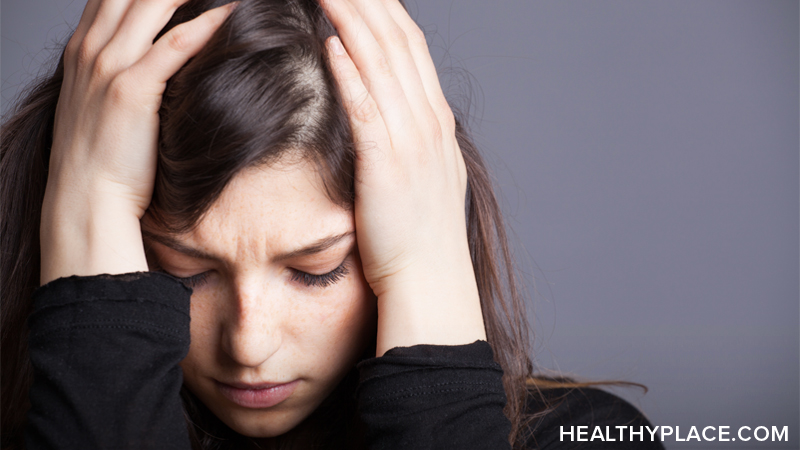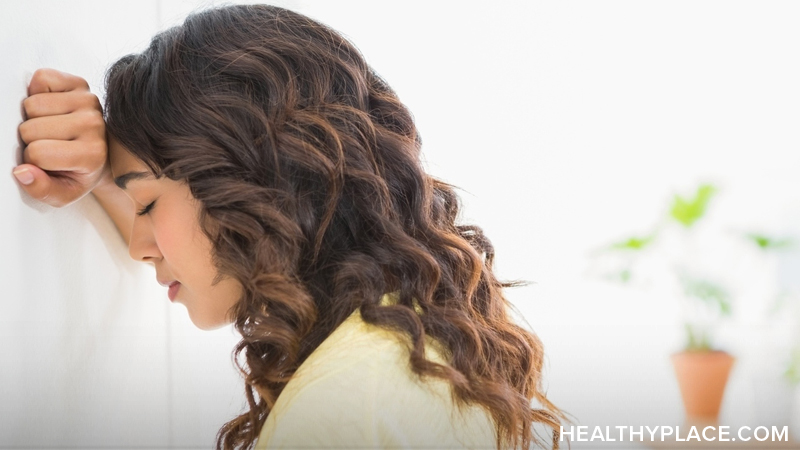Finding Adult ADHD Doctors Who Know How to Treat Adult ADHD

Finding a qualified doctor who knows how to treat adult ADHD is critical for the success of any adult ADHD treatment strategy. A doctor who has experience and success treating children with ADHD is not necessarily qualified to treat adults with the disorder.
The ADHD symptoms in adults can look different than those in children. Adults usually do not exhibit hyperactivity in the way children with ADHD do. For example, while hyperactive children cannot sit still and show overt impulsiveness, adult hyperactivity may appear as restlessness, chronic boredom, and a constant need for stimulation. Because of this and other differences, it is important that the doctor treating adult ADHD has specific experience treating adults with the condition.
Where to Find Qualified Adult ADHD Doctors
Talking to your primary care physician is the first step toward finding qualified adult ADHD doctors. Some primary care physicians may feel comfortable diagnosing and treating adult ADHD, but many will refer patients to a trusted specialist. Other types of healthcare professionals who treat adult ADHD include psychiatrists, neurologists, and internists. While psychologists and licensed nurse practitioners can test adults for ADHD, most psychologists cannot prescribe the necessary medications. Psychologists can provide behavior modification therapy as an adjunct therapy to stimulant medication for treating adult ADHD. Some states allow nurse practitioners to prescribe ADHD medications to adults, but many do not.
Asking other adults about their adult ADHD doctor and the level of treatment success they have experienced with him or her is another way of locating an adult ADHD doctor who may be right for you. You might also try searching an online physician finder service for doctors who list that they specifically treat adult ADHD. Adult ADHD doctors, who willingly list this as one of their specialties, likely do have knowledge of treating this disorder in adults.
What to Discuss with Prospective Adult ADHD Doctors
Once you have an appointment with a physician who has experience treating adult ADHD, begin to write down a history of your problems in the past and present issues that lead you to believe you may have ADD. Track down any records of psychologist visits or diagnoses of a behavior disorder in the past to take with you. Talk to your human resources department at work and ask for copies of performance reports if your problems have negatively impacted these reports. These may contain records of excessive tardiness, missed deadlines, poor attention to detail, etc. You may also want to take our free online ADD test to assess your symptoms and print the results to share with your doctor.
You may want to prepare a list of questions for your doctor as well. This list could include questions such as these:
- What treatments do you normally prescribe for adult ADHD?
- What are some possible side effects of stimulant medications commonly used to treat ADHD?
- Will exercise and dietary changes help my ADHD?
- Will I receive behavior modification therapy in addition to prescription medication therapy?
- How long must I remain on therapy (both behavioral and pharmacological)?
- How do I explain my ADHD diagnosis to my family?
- Are there any over-the-counter or herbal medications I should avoid while taking the prescription stimulants used to treat adult ADHD?
Add your own questions to this list as well. Arriving at your appointment well prepared will ensure the best possible outcome and help you evaluate if this physician truly has adequate knowledge of how to treat adult ADHD.
APA Reference
Gluck, S.
(2021, December 20). Finding Adult ADHD Doctors Who Know How to Treat Adult ADHD, HealthyPlace. Retrieved
on 2025, April 30 from https://www.healthyplace.com/adhd/adhd-adults/finding-adult-adhd-doctors-who-know-how-to-treat-adult-adhd








